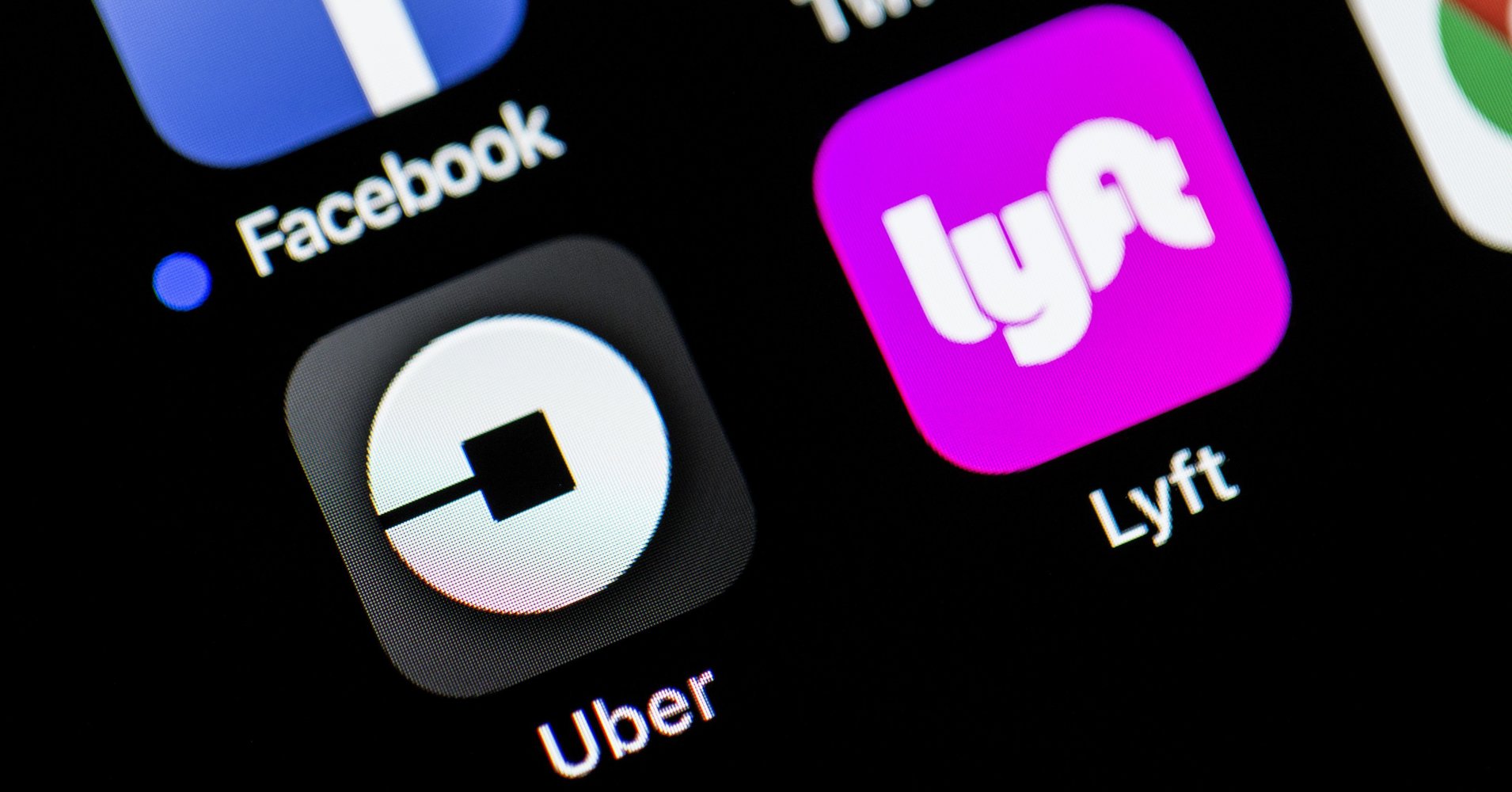Are you ready to transform tax season into an opportunity to turbocharge your earnings? Do you want to unravel the secrets that can turn tax tips into a game-changer for Uber, Lyft, and other car-sharing drivers like yourself? Get ready to embark on a journey where tax season isn’t a burden but a chance to maximize your income.
Navigating the tax landscape as a car-sharing entrepreneur can be daunting, but armed with the right tips, it becomes a strategic advantage. Delve into the specifics of deductible expenses, the power of meticulous record-keeping, and the art of separating personal and business finances. Get set to claim the standard mileage deduction, stay ahead of tax deadlines, and leverage technology for a seamless tax experience.
To boost your tax savings as a rideshare driver:
- Understand Deductible Expenses
- Keep Detailed Records
- Separate Business and Personal Expenses
- Claim the Standard Mileage Deduction
- Track Rideshare App Fees
- Stay Informed About Tax Deadlines
- Pay Quarterly Estimated Taxes
- Utilize Technology for Tracking
- Explore Health Insurance Deductions
- Seek Professional Tax Advice
Recap
Understand Deductible Expenses
To navigate the tax landscape effectively as a rideshare driver, comprehend which expenses are deductible because it is crucial for maximizing your tax savings. Common deductible expenses include fuel costs, maintenance, car depreciation, insurance, and even snacks or amenities provided for passengers.
Keeping a keen eye on these deductible items ensures you don’t miss out on potential savings. Additionally, maintaining detailed records of your mileage, both for rideshare purposes and personal use, is paramount. Deducting the accurate portion of your vehicle expenses based on the percentage of time you use it for business versus personal use is key to optimizing your tax position.
>>>MORE: Tax Breaks for Veterans
Keep Detailed Records
To optimize your financial management, learn how to keep meticulous records of your rideshare-related expenses. Meticulous record-keeping is the backbone of a successful tax strategy. Document every business-related expense, no matter how small, and organize receipts digitally or in a dedicated folder. This practice not only simplifies tax preparation but also provides a clear overview of your financial health as a rideshare driver.
Separate Business and Personal Expenses
To ensure accurate tax reporting, separate your personal and business finances by maintaining dedicated accounts. Maintaining a clear distinction between personal and business expenses is paramount. Establish separate bank accounts and credit cards for your rideshare activities.
This not only streamlines record-keeping but also safeguards your finances from unnecessary complexities during tax time. By adhering to this practice, you create a transparent financial trail, making it easier to track deductible business expenses such as fuel, maintenance, and other operational costs. This proactive approach not only simplifies your tax preparation but also ensures compliance with tax regulations, providing a solid foundation for financial stability and growth in your rideshare endeavors.
>>>PRO TIPS: Driving Down Taxes: Auto-Related Tax Deductions
Claim the Standard Mileage Deduction
To simplify tax calculations and maximize deductions, consider utilizing the standard mileage deduction for your car-related expenses. Opting for the standard mileage deduction can be a game-changer in optimizing your tax strategy. The IRS allows a deduction of 58.5 cents per business mile, encompassing costs such as gas, maintenance, and depreciation.
This straightforward method not only simplifies record-keeping but also often provides more significant savings than itemizing actual car expenses. For rideshare drivers, who frequently navigate a mix of personal and business miles, the standard mileage deduction emerges as a preferred and efficient choice, offering a streamlined approach to ensuring you capitalize on allowable deductions while minimizing the complexities associated with detailed expense tracking.
Track Rideshare App Fees
To stay financially organized and optimize your tax deductions, do not overlook the fees charged by rideshare platforms. These fees constitute a crucial component of your deductible business expenses, influencing the overall profitability of your rideshare endeavors. Track and document the charges associated with each ride, ensuring an accurate representation of your operational costs.
By conscientiously factoring in these fees during your expense calculations, you can maximize your eligible deductions, ultimately leading to a substantial reduction in your taxable income. This proactive approach not only contributes to maintaining a comprehensive financial record but also empowers you to make informed decisions that positively impact your rideshare business’s bottom line.
>>>GET SMARTER: On-Demand Jobs and Your Taxes
Stay Informed About Tax Deadlines
To manage your rideshare business efficiently, stay informed about tax deadlines and filing requirements to avoid penalties and interest charges. Timeliness is key when it comes to taxes. Knowing when to file your annual return and pay quarterly estimated taxes helps you plan and budget effectively.
Pay Quarterly Estimated Taxes
To prevent a hefty tax bill at year-end, consider making quarterly estimated tax payments. Rideshare drivers are considered independent contractors, which means you’re responsible for your taxes. This proactive approach ensures you’re meeting your tax obligations throughout the year.
By estimating and paying taxes quarterly, you can better manage your cash flow, avoid the burden of a large lump-sum payment, and stay compliant with tax regulations. It also provides a clearer picture of your financial health, allowing you to plan and budget effectively while minimizing the risk of underpayment penalties. This practice not only facilitates smoother financial management but also empowers rideshare drivers to stay on top of their tax responsibilities and maintain a more secure and sustainable financial future.
Utilize Technology for Tracking
To prevent tax-related surprises, embrace technology to streamline your rideshare business. There are numerous apps designed for drivers, such as MileIQ and QuickBooks Self-Employed, that can significantly simplify your financial processes.
These tools not only help with mileage tracking and expense management but also integrate seamlessly with tax preparation software, ensuring that you have a comprehensive overview of your business finances. By incorporating these technological solutions into your daily operations, you can save valuable time, reduce the risk of errors, and enhance the accuracy of your tax reporting, allowing you to focus more on driving and less on administrative tasks.
Explore Health Insurance Deductions
To enhance your tax strategy, explore potential deductions for health insurance premiums if you’re not covered by an employer. As a self-employed individual, you may qualify for significant deductions, contributing to both your well-being and financial health. Self-employed professionals, including hair salon owners and independent hairdressers, often face the responsibility of securing their health insurance.
By delving into the intricate details of tax regulations, you can uncover opportunities to deduct a portion or the entirety of your health insurance premiums, reducing your taxable income. This not only safeguards your health but also bolsters your overall financial stability, allowing you to make informed decisions about your business’s fiscal well-being while ensuring you have adequate health coverage.
Seek Professional Tax Advice.
To avoid common pitfalls associated with tax compliance for rideshare drivers, it is imperative to seek professional tax advice from experts well-versed in the intricacies of the ridesharing industry. Navigating the complex tax landscape specific to rideshare activities can be challenging, given the evolving regulatory environment.
Seeking professional tax advice tailored to rideshare drivers ensures that you are equipped with the knowledge needed to make informed decisions regarding your tax obligations. Experienced tax professionals specializing in the ridesharing sector can not only help you identify unique deductions applicable to your business but also optimize your overall tax strategy. Their insights and guidance are invaluable for achieving long-term financial success in the dynamic ridesharing market.
Recap
In conclusion, mastering the tax game as an Uber, Lyft, or other car-sharing driver is not just about compliance; it’s about maximizing your earnings. By understanding the intricacies of deductible expenses, diligently keeping records, and leveraging the available tax benefits, you’re not just ensuring compliance; you’re actively enhancing your financial well-being.
This post is to be used for informational purposes only and does not constitute legal, business, or tax advice. Each person should consult his or her own attorney, business advisor, or tax advisor with respect to matters referenced in this post. . For comprehensive tax, legal or financial advice, always contact a qualified professional in your area. S’witty Kiwi assumes no liability for actions taken in reliance upon the information contained herein.








No Comment! Be the first one.